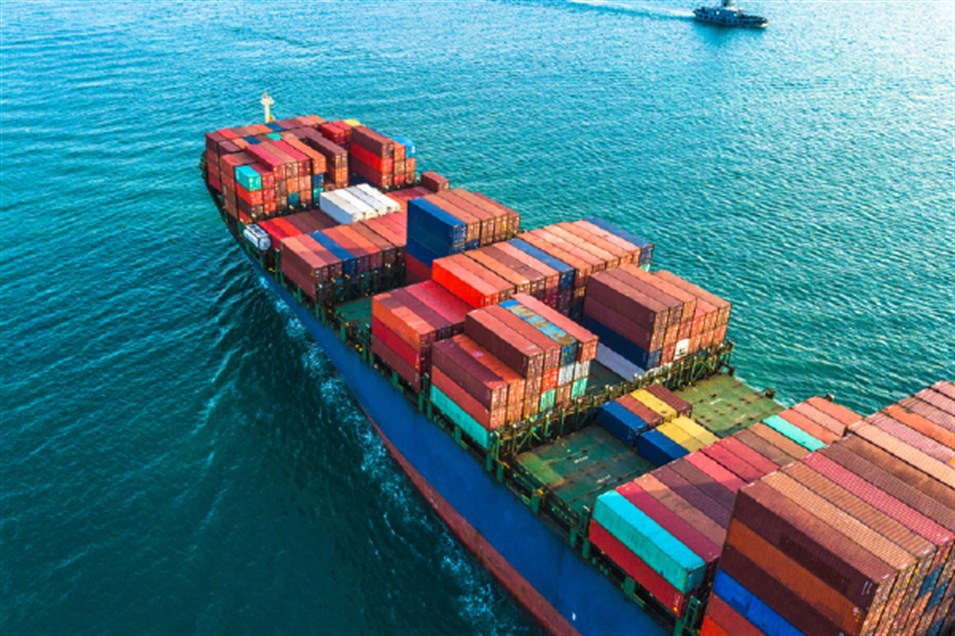Non-Vessel Owning Common Carriers (NVOCC) make arrangements with ship owners, charterers, or shipping lines for sales, stuffing and transportation of cargo under their own Bill of Lading known as the House Bill of Lading (HBL). In the shipping industry, an NVOCC plays the role of a cargo consolidator who leases or rents container space from a carrier and sells it to its customers.
NVOCCs handle everything from the loading and transfer of cargo, to the delivery of the cargo to the consignee. Since they’re carriers, NVOCCs sometimes have own their own fleet of containers and if operations are large enough, they may even own warehouses. The shipping industry is full of complex mechanisms and procedures, with many factors such as customs, delivery, deconsolidation, etc. that need to be taken into consideration. NVOCCs are expert intermediaries that can competently handle these procedures and make operations flow smoothly.
The role of NVOCC in the shipping industry
As an intermediary in the shipping industry, NVOCCs are often referred to as ‘A shipper to carriers and a carrier to shippers.’ Their intermediary role means they provide diverse services and benefits to their customers. Let us understand its usage in the shipping industry:
Customised Services
Since NVOCCs are relatively small scale organisations, they can customise their service as per the needs of their client. Logistics functions can be customised and fulfilled by the NVOCC. Since they work with a variety of carriers, the numerous options on offer ensure you get the carrier that fits your needs. NVOCCs also offer tracking services for clients to trace their cargo when it is in transit. The longstanding relationships NVOCCs have with their network of truckers, carriers, and trade organisations enable them to ascertain risks to your supply chain, forecast costs, and recommend solutions.
Lower Rates
By doing business and shipping cargo in bulk, NVOCCs are able to exercise economies of scale and get better rates from shipping lines. Since NVOCCs get better rates, they are able to pass on these savings in the form of lower rates to their clientele. Without NVOCCs as the intermediary, small businesses would not be able to get take advantage of these competitive rates.
The ease of documentation and legal uses of NVOCC
NVOCCs undertake the transportation of cargo under their own Bill of Lading called the House Bill of Lading (HBL), through transport vessel operators. Whereas, the Master Bill of Lading (MBL) is issued by the carrier to the NVOCC. The HBL is issued directly by the NVOCC to the consignor or shipper.
The consignee in an MBL will be the ocean carrier’s agent or destination NVOCC, while an HBL will show the actual importer or receiver as the consignee. Hence, the two documents will be almost similar except in the shipper, consignee, and notify party fields.
Just like the Original Bill of Lading (OBL), the HBL is a negotiable document and proof of ownership of goods by the customer. Since NVOCCs have agents who take care of issuance of the HBL, they act as agents to the sea transport carriers. Although NVOCCs function independently, they are regulated by The Shipping Act of 1984 and are recognised by the International Chamber of Commerce (ICC).
The far-reaching network of NVOCCs
The exhaustive network of NVOCCs comprised of trucking associations, trade unions, the port customs, diverse carriers, etc. This diverse relationship with their network is what makes operations run smoothly and efficiently for NVOCCs. Their diversified carrier mix mitigates the risk of sea freight volatility, and other unforeseen circumstances that may crop up. NVOCCs make it possible for client to have the adaptability to neutralise risks while maintaining competitive pricing.
The good relationship NVOCCs have with their network allow them to cut down what would otherwise be long, drawn-out bureaucratic processes without having to compromise on any other fronts. The network at a NVOCC’s disposal also make it easier to collect freight charges and pay transportation charges.
NVOCCs are a key bridge between carriers and shippers. A reliable NVOCC will have the right contacts and relationships with supplementary organizations and government bodies. Partnering with the right NVOCC will give your business more leverage in negotiations and more leeway in as crisis, ensuring your cargo moves seamlessly in the most critical of times.






